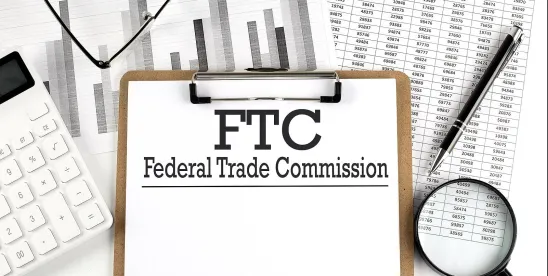Under current Federal Trade Commission (FTC) policy, an advertising claim requires substantiation if it makes an objective assertion about a product or service. But a new lawsuit filed by a former defendant in an FTC suit over substantiation seeks to change that. Xlear sued the FTC last week, accusing the agency of overstepping its authority to regulate false and deceptive advertising by requiring advertisers to “substantiate” claims about their products. The complaint seeks a declaration that companies do not violate FTC rules by making statements that are allegedly unsubstantiated.
The FTC’s substantiation requirement has been a cornerstone of its consumer protection efforts since the early 1970s. In 1971, the FTC adopted a resolution requiring advertisers to provide evidence supporting their claims upon request. This policy was further solidified with the FTC’s 1984 Policy Statement on Advertising Substantiation, which emphasized the need for a reasonable basis for all advertising claims. The Policy Statement requires advertisers to “substantiate all claims—express and implied—that the advertiser conveys to reasonable consumers in the advertisement.” The FTC has predominantly relied on Section 5 of the FTC Act prohibiting “unfair or deceptive acts or practices in or affecting commerce” to enforce this requirement.
Xlear’s lawsuit aims to dismantle this long-standing policy that many see as the bedrock of consumer protection. Xlear relies on the Supreme Court’s decision in Loper Bright Enterprises v. Raimondo, 603 U.S. 369 (2024), which overruled the deferential Chevron standard for review of agency actions, arguing that Loper requires an agency’s interpretation to be the ‘best’ reading of the law. Because the FTC Act says nothing about substantiation, Xlear concludes the FTC’s interpretation is far from the ‘best’ and violates the First Amendment and Due Process Clause.
This case will undoubtably take a long time to percolate through the court system and may very well end up before the Supreme Court. Meanwhile, absent an injunction to the contrary, the FTC’s substantiation rules remain in full force and effect. Therefore, companies must still ensure that the express and implied claims in their advertisements have ample substantiation to satisfy the FTC’s reasonable consumer standard.





 />i
/>i
